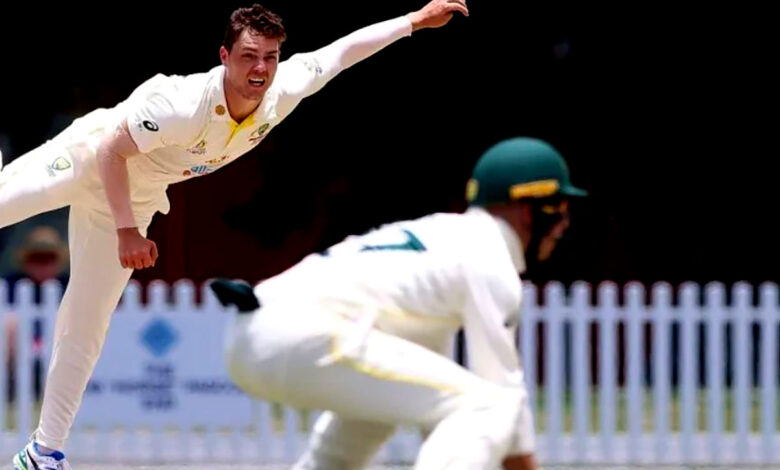The MCC has announced modifications to the cricket rules.

Under new regulations agreed by the Marylebone Cricket Club (MCC), saliva will be prohibited from being used to shine the ball under new regulations, and the “Mankad” technique of dismissing batters will not be considered foul play.
Cricketers have been using an old trick for a long time. They use saliva and perspiration to make one side of the ball shine. This helps bowlers make the ball move more in the air as they come closer to batters.
The new regulations permanently prohibit the application of saliva to the ball for health reasons, which was enforced in July 2020 when men’s cricket restarted after a COVID-19 suspension.
According to the MCC, data indicates that the prohibition during this time period had little or no effect on the number of swing bowlers received. Sweat-polishing the ball will remain permissible.
“The new regulations prohibit the use of saliva on the ball, which eliminates any grey areas where fielders consuming sugary treats change their spit in order to apply it to the ball,” the MCC said in a statement.
“Using saliva will be considered the same as any other unethical approach to altering the ball’s condition.”
MCC, which has been in Lord’s since 1787 and is the ultimate authority on cricket rules, said that the changes will start on Oct. 1.
“Mankad” dismissal occurs when a bowler elects to whip off the bails rather than finish his delivery to the batsman on strike.
While lawful, the dismissal is named after Indian bowler Vinoo Mankad, who ran out Australia’s Bill Brown in a similar method in 1947.
The MCC said that although the text of the legislation would stay unchanged, it would be renamed Law 38 (Unfair Play) (Runout).
Additionally, the MCC said that when a batter is out caught, the replacement player would step in at the end where the striker was and face the next ball, until the over is complete.





